-
Part 1: Moving Image / Video Installation (06:04 min.)
Part 2: 21 (21 x 25.5 cm) Still Images / Chromogenic Matt Color Prints
-

Passage of Time (1)

Flow of Life
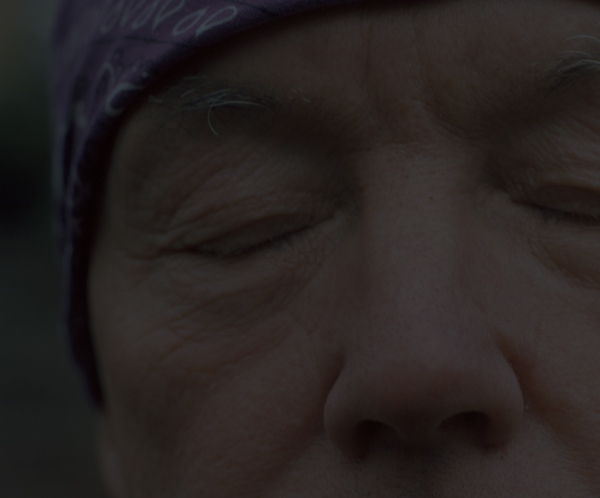
Breath and Acceptance

Meditation in Silence

Focus on an Object

Vastness

Home Place

Experience of Reality

Imagination
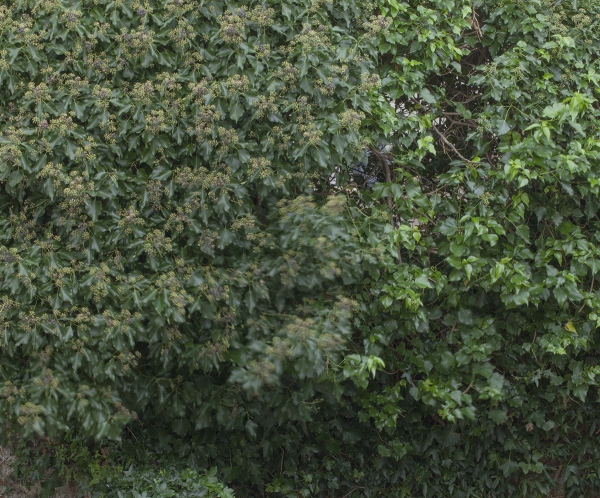
Passage of Time (2): Wind

Water Drops
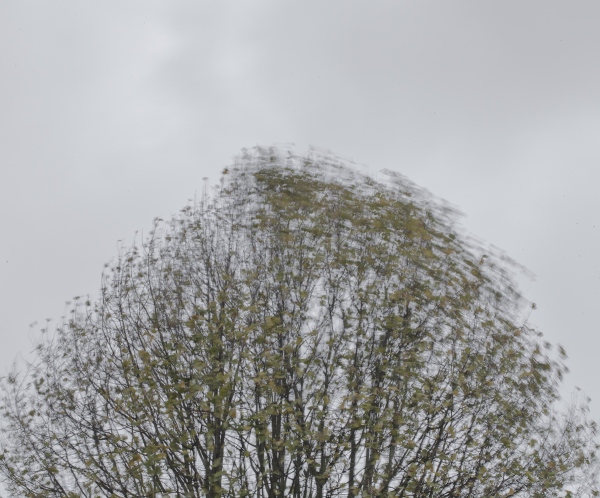
Passage of Time (3): Falling Leaves

We as a Nature

Passage of Time (4): Clouds
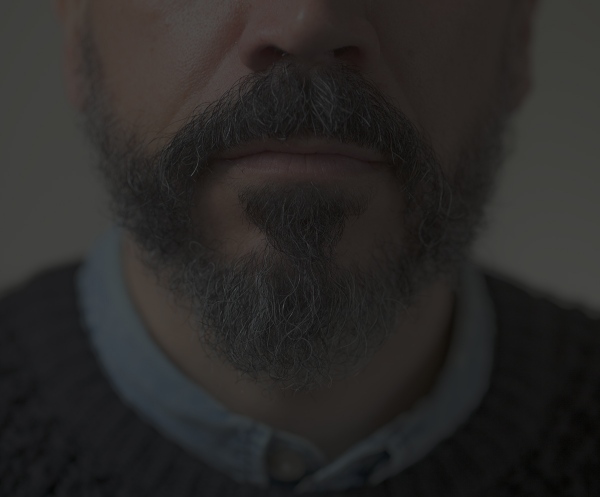
Breath and Concentration
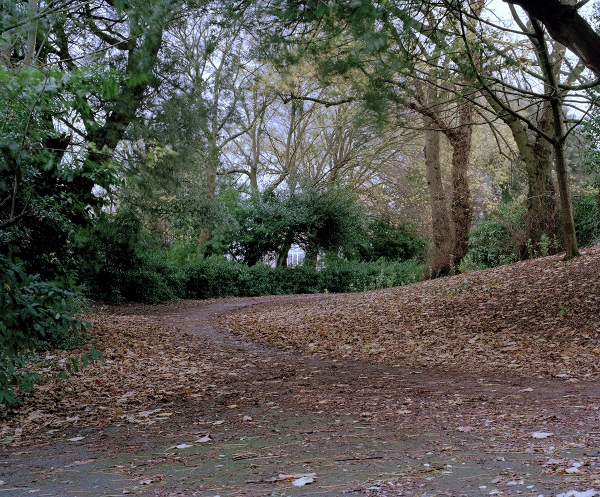
Home
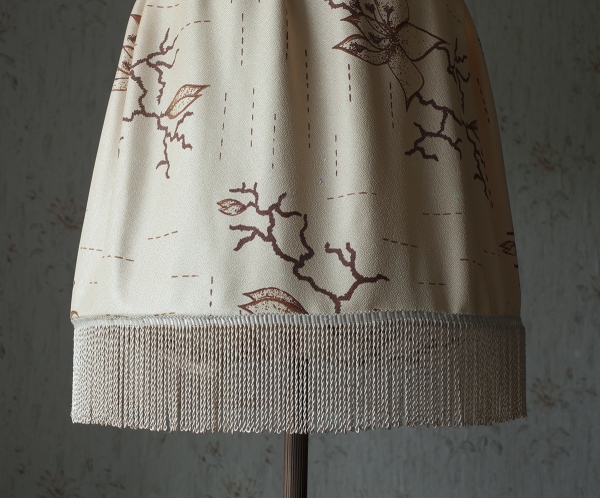
Elements from the Nature

Nature and Home
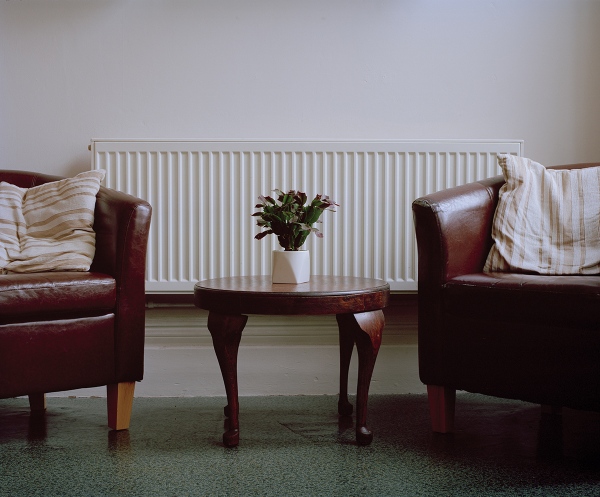
Bodhisattva Kadampa Meditation Centre
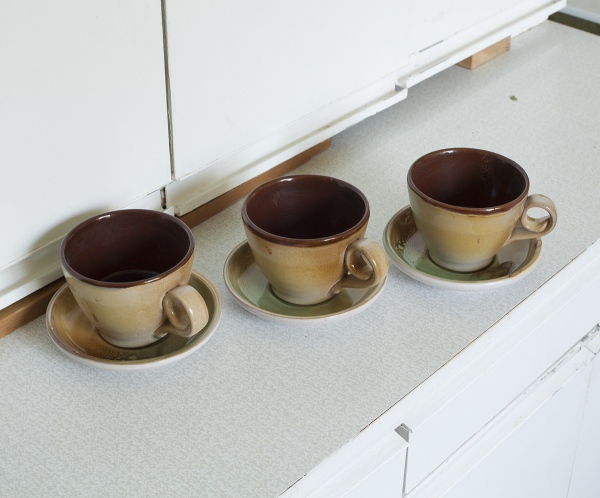
Clay
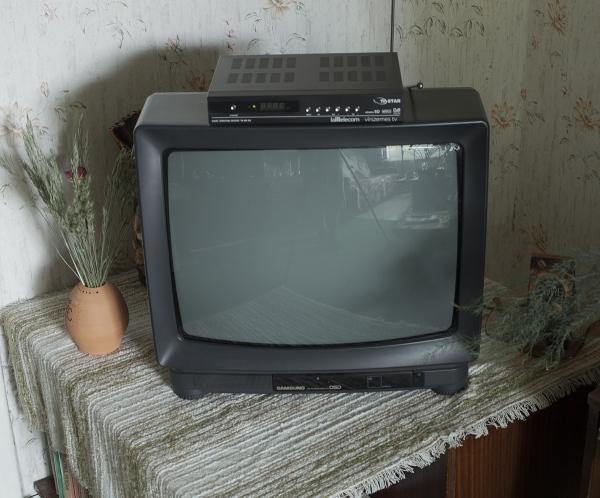
Unconscious Television and Elements from the Nature
-
1
Passage of Time (1)
-
2
Flow of Life
-
3
Breath and Acceptance
-
4
Meditation in Silence
-
5
Focus on an Object
-
6
Vastness
-
7
Home Place
-
8
Experience of Reality
-
9
Imagination
-
10
Passage of Time (2): Wind
-
11
Water Drops
-
12
Passage of Time (3): Falling Leaves
-
13
We as a Nature
-
14
Passage of Time (4): Clouds
-
15
Breath and Concentration
-
16
Home
-
17
Elements from the Nature
-
18
Nature and Home
-
19
Bodhisattva Kadampa Meditation Centre
-
20
Clay
-
21
Unconscious Television and Elements from the Nature
I Dreamed About a Place Without a Noise
2015 - 2016
The silence of the photograph is one of its most precious qualities. As Baudrillard (2000) remarks: “unlike cinema and television, which always have to have silence imposed” (Baudrillard, 2000, 135). It is a unique and phenomenal event with meditative qualities and discipline of attention. Lyons (2006) in his essay “Meditation and the Inner Voice“ proposed ways to create new perceptions of the physical world through a reprogramming of the relationship between mind and body and engaged silence in what Stock described as “mental solitude and the exploration of subjective states of mind” (Lyons, 2006, 533). Absolute subjectivity is achieved only in a state, an effort, of silence when you shutting your eyes and make the image speak in silence: allow the detail to rise of its own accord into affective consciousness (Barthes, 1981, 36).
The body of work explores the representation of silence in various static compositions. It illustrates flow of time as being meditative, and adds indexical qualities of quietness. The work focuses from various perspectives of using the still and moving image and, at the same time, investigates relations between film, photography and sound. Throughout the process of photographic and cinematic practice, I discovered different approaches how to reinforce silence in individual photographs and raised questions of how to stage it into the moving image when it lacks these qualities. The project invites viewers to experience these values visually and also to escape into the dream of silence. It reminds us something important about existence, time and its flow awakens positive mood, dreaminess and awareness of surrounding elements in nature and also objects from our lives. It is a journey: conscious and fulfilled with a mental richness. According to Suzuki (1938), the knowledge of Zen highly evaluates these qualities and upholds direct experience of Reality and it aspires to drink from the fountain of life (Suzuki, 1938, 53). He confirms that the ultimate truth is Mind itself, which is free from all forms, inner and outer. Mind here does not refer to our ordinarily functioning mind – the mind that thinks according to the laws of logic and feels according to the psychology described by the professors, but the Mind that lies underneath all these thoughts and feelings (Suzuki, 1938, 53).
In the moving image, I created visual and aural escape into the silence. In other words, the infinite line what lies underneath wavy and always changing noise. Whereas in the still image, it is created as a dream, place, home, our body as home or nature where we all, as human beings, coming from. Place, what belongs to ourselves, where we can release our thoughts and be aware of our reality and simple acceptance. As Adams (1996) invites: “silence is, after all, the context for the deepest appreciation of art: the only important evaluations are finally, personal, interior ones” (Adams, 1996, 56).
Adams, Robert (1996) Beauty in Photography: Essays in Defense of Traditional Values. New York: Aperture, Inc.
Barthes, Roland (1981) Camera Lucida: Reflections on Photography. London: Vintage
Lyons, John D. (2006) Meditation and the Inner Voice. New Literary History. 37 (3): 525 – 538
Suzuki, Daisetz Teitaro (1938) Zen Buddhism. Monumenta Nipponica. 1 (1): 48 – 57.
Weibel, Peter & Steinle, Christa (2000) Jean Baudrillard: Photographies. Berlin: Hatje Cantz Publishers
-
1
George Avetisyan ©
Built with Berta.me